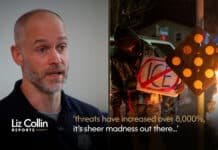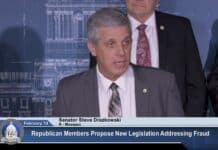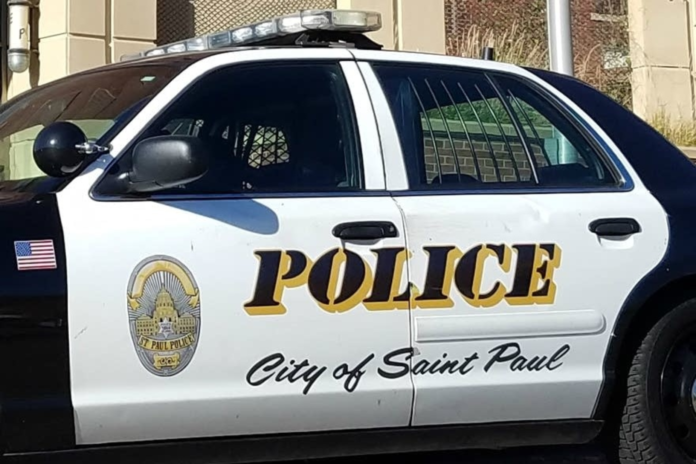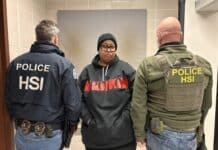St. Paul Mayor Melvin Carter unveiled a new “community-first Public Safety Commission” on Wednesday.
The commission is comprised of 40 individuals who will devise ways to “re-envision emergency response in St. Paul.” This includes replacing police with “alternative first response options” in some cases, per a press release.
Specifically, the commission will explore alternatives to police for responding to priority-four and priority-five 911 calls. The former includes calls such as shoplifting, public intoxication, offense reports wherein the suspect isn’t present, emotionally disturbed persons, and disorderly persons. The latter mainly consists of noise complaints and parking violations.
The commission is co-chaired by Acooa Ellis of Greater Twin Cities United Way and John Marshall of Xcel Energy. The commission will convene every two weeks for the next five months “in a process led by the Citizens League,” and then report back to the mayor and City Council in 2021, said the release. To accomplish this, the commission has been given a budget of $71,200.
“Now more than ever, amid the many crises we face, re-envisioning emergency response is a critical step toward realizing safer outcomes,” the mayor said about the creation of his new commission.
He also tweeted his support for the effort, voicing excitement for the “transformational next phase” that St. Paul is about to enter.
Thank you to all who’ve worked so hard for so long to build Saint Paul’s Community First Public Safety vision. I’m excited to move our work into this transformational next phase. We have work to do. https://t.co/DdogYoFtXY
— Melvin Carter (@melvincarter3) November 17, 2020
City Council Member Mitra Jalali echoed the mayor, calling for a shift away from the “punitive, costly and reactive status quo of traditional law enforcement.”
“At this pivotal moment in our city and our nation’s history, we must continue moving a new vision for public safety forward,” City Council President Amy Brendmoen added, underscoring the commission’s goal of upending the current methods of policing.
The exact membership of the commission has not yet been revealed, but Wednesday’s press release said members will be chosen from the education, business and law enforcement sectors as well as cultural and faith groups.
The release said local police and fire departments will be “invited to participate in the process to provide additional support for this work.”
St. Paul’s current crime rate is 42 per 1,000, according to Neighborhood Scout, a website that collects and analyzes public data from cities and townships in America.
“With a crime rate of 42 per one thousand residents, St. Paul has one of the highest crime rates in America compared to all communities of all sizes — from the smallest towns to the very largest cities. One’s chance of becoming a victim of either violent or property crime here is one in 24,” Neighborhood Scout reports.
St. Paul also ranks in the 93rd percentile for crime, meaning that only 7% of U.S. cities are more dangerous than Minnesota’s capital, according to the same source.












